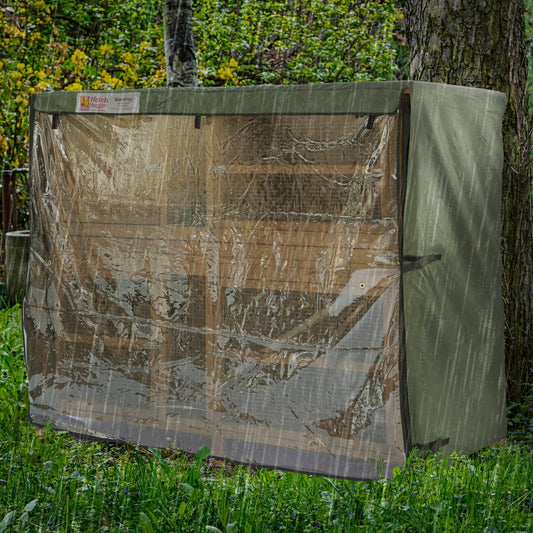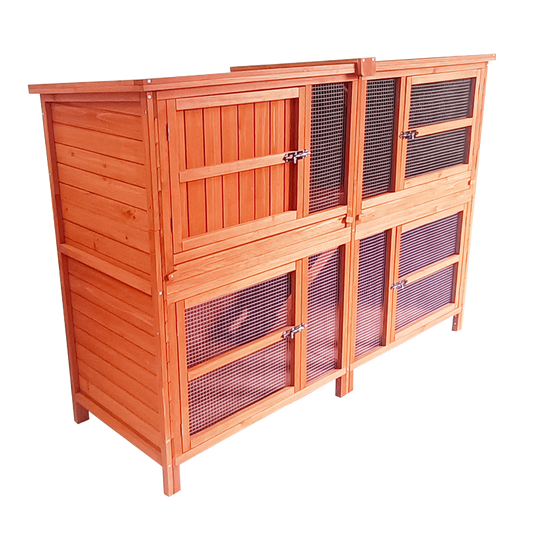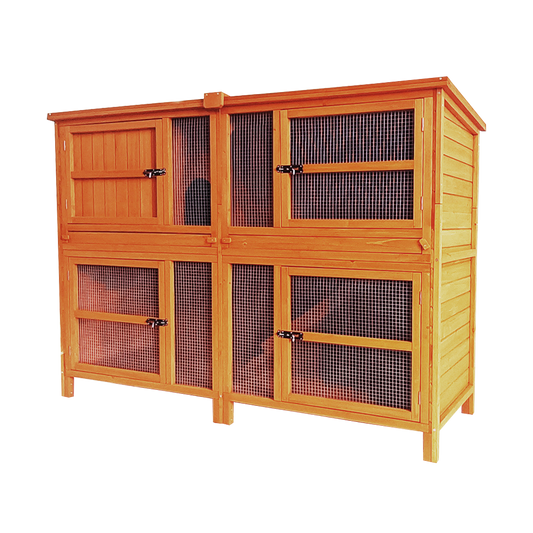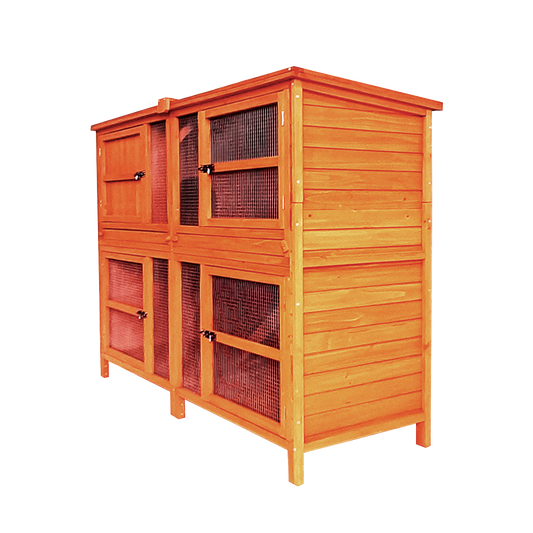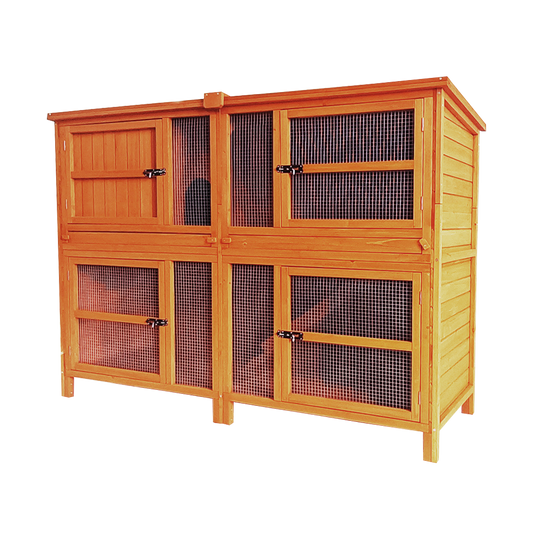As a loving pet owner you may have wondered if it's okay to feed your dog cat food, particularly if you have a cat and a dog. It's also possible that you have found your dog eyeing the cat's bowl with particular interest and wondered why?
Of course many dogs will hoover up any food they find, however cat food can seem particularly attractive to dogs. Cat food usually contains a much higher protein content and as a result has a stronger, more enticing meaty smell.
It's okay for your dog to have the odd mouthful of cat food. However, it's not healthy for them to eat it regularly as the nutritional requirements of cats and dogs are quite different, so make sure to store it safely!
So what’s wrong with dogs eating cat food?
Different Nutritional Needs of Dogs and Cats
Cats are obligate carnivores, which means they rely primarily on animal-based protein sources to fulfil their nutritional needs; however there are insect-based dog foods available and dogs can even be vegetarian. Dogs, on the other hand, are omnivores, which means they can consume both animal and plant-based ingredients. Due to these differences, cat food is formulated to have higher levels of protein and fat compared to dog food, which can be seen on food labels.
Inadequate Nutrient Levels for Dogs
Dog food is specially made to give dogs the nutrients they require for a healthy life. These nutrients include vitamins, minerals, fibre and fatty acids. Cat food, however, may not contain adequate levels of these nutrients for dogs. Consistently feeding your dog cat food can result in nutritional imbalances or deficiencies, negatively impacting their overall health.
Stomach Upsets in Dogs
The higher fat content found in cat food can cause stomach upset in dogs, resulting in diarrhoea, vomiting, or constipation. Your dog may feel uncomfortable and have trouble digesting, causing a decline in their health and wellbeing if eaten long term - they may even have food allergies!
Obesity and Pancreatitis Risk
A diet high in fat and protein, like cat food, can contribute to obesity in dogs. Obesity is a serious health issue, and just as it does in humans, it can cause diseases like diabetes, joint problems, and heart disease. Additionally, a high-fat diet can increase the risk of developing pancreatitis, a serious and potentially life-threatening condition.
Pancreatitis is an inflammation of the pancreas that can cause severe abdominal pain, vomiting, and lethargy. In severe cases, it can lead to organ failure and death.
Picky Eating Habits
Allowing your dog to eat cat food might cause them to develop a preference for it over their regular dog food. This can lead to picky eating habits and potential nutritional deficiencies if they refuse to eat a balanced dog food diet.
It is essential to establish and maintain healthy eating habits for your dog. This ensures they receive the necessary nutrients for overall health and wellbeing.
The balance of nutrients in dog food is different from that of cat food. Dogs require a balanced diet for optimal health. This diet should include proteins, carbohydrates, vitamins and minerals in the correct proportions. Without these nutrients, health issues can arise, such as kidney, liver and pancreas problems, alongside obesity.
It’s not just food either – pet treats are uniquely designed for dogs and cats with different nutritional balances in mind. The occasional dropped cat treat is not going to cause your dog harm, but it's much better to give them their own specially formulated dog treats in the long run.
How to stop your dog eating cat food
- Feed your pets in separate rooms so that your dog is further away from the delicious smell of cat food
- Put your cat’s bowl up on a high surface like a worktop so that your dog can't reach it
- Baby gates are a useful way to keep cats and dogs separate during feeding time
- Using a smart automatic feeder for your cat can help to keep food hidden away from any interested dogs
By providing your dog with nutritionally balanced food and treats appropriate to their age, breed, size, and activity level, you can help ensure their overall health, happiness and longevity.
Make sure to be a responsible dog owner!
If you enjoyed this post, you may be interested in:



